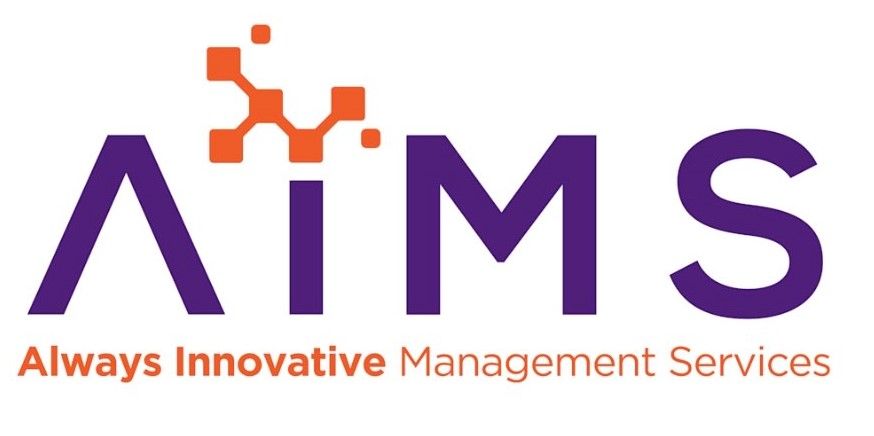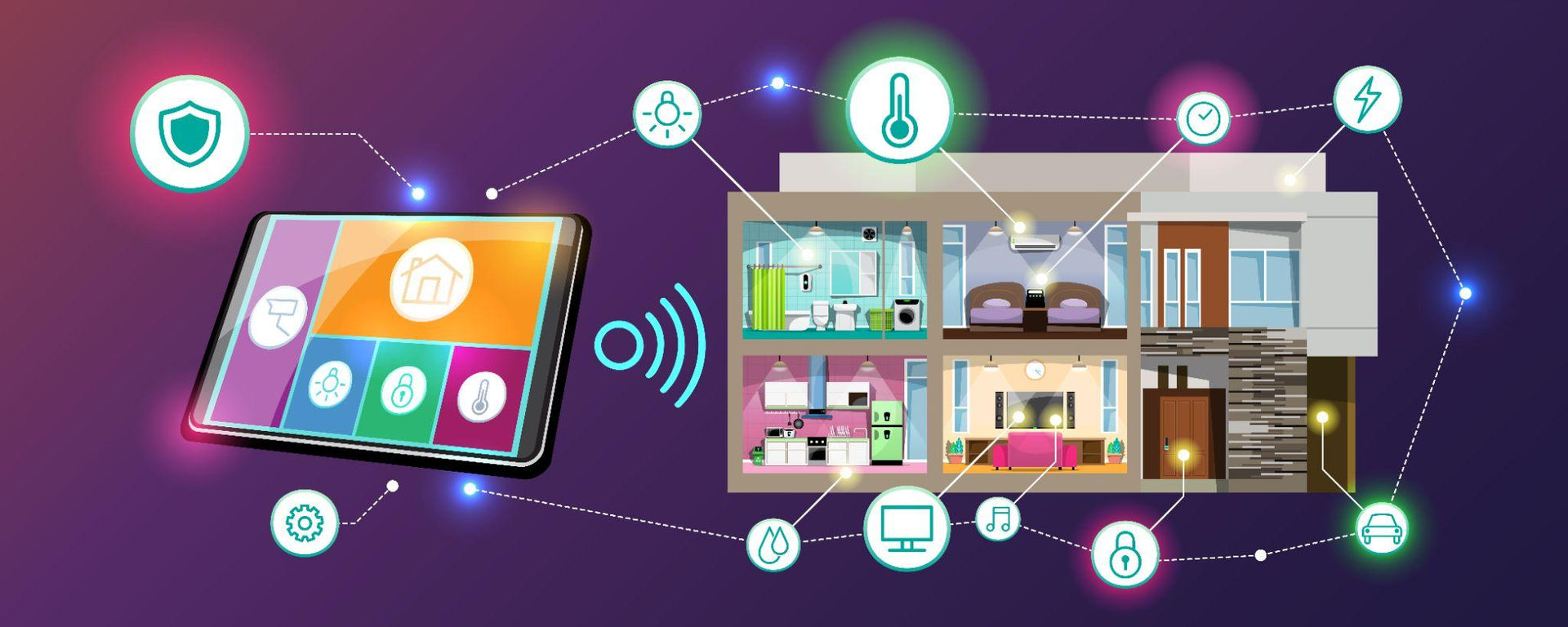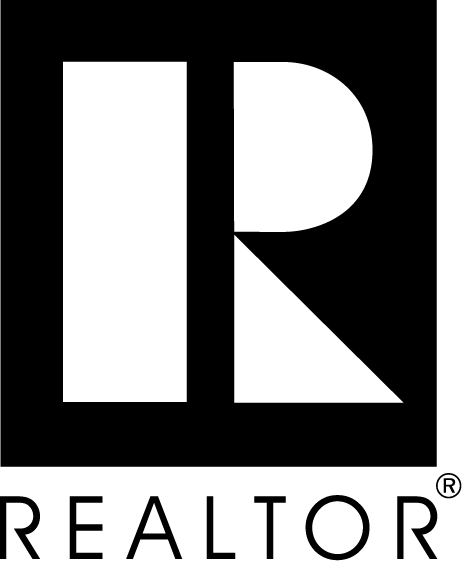Understanding the Legal Aspects of Property Management
Property management involves more than collecting rent and maintaining buildings. It requires a thorough understanding of property management legalities, which include compliance with laws, tenant rights, and contractual obligations. Neglecting these responsibilities can result in costly penalties and damaged reputations. This guide provides a comprehensive overview of the legal aspects property owners and managers should prioritize.
Compliance with Fair Housing Laws
Fair housing laws form the foundation of tenant-landlord relationships. These laws, established under the Fair Housing Act, ensure that no one faces discrimination based on protected characteristics. These include race, color, national origin, religion, sex, disability, or familial status.
Every stage of the rental process must comply with these laws, including advertising, tenant screening, and lease agreements.
● Advertising: Use inclusive language. For instance, avoid phrases like "ideal for singles" or "family-friendly" unless they describe the physical layout of the property.
● Tenant Screening: Apply the same rental criteria to every applicant, and avoid asking personal questions unrelated to tenancy.
Staying compliant with fair housing laws protects property managers from legal claims and builds trust with tenants. Regular training and updates on housing laws can help property managers avoid inadvertent violations.
How to Craft and Manage Lease Agreements
The lease agreement is more than a document; it’s the legal framework that defines the relationship between the landlord and the tenant. A strong lease protects your interests while clarifying tenant responsibilities.
What Should a Lease Include?
● Basic Details: Names of all tenants, address of the rental unit, lease term, and rent amount.
● Security Deposit Terms: State the amount, conditions for deductions, and timelines for refunding.
● Maintenance Responsibilities: Specify who is responsible for maintaining appliances, landscaping, and utilities.
● Prohibited Activities: Clearly list actions such as subletting or making unauthorized modifications to the property.
Laws governing leases vary by jurisdiction. Some states cap security deposits, while others impose specific rules on how late fees are charged. Consulting with legal professionals ensures your lease complies with local regulations.
Steps to Respect Tenant Privacy

Tenants have the right to privacy, even though you own the property. Most states require landlords to give tenants advance notice before entering the unit, except in emergencies.
Typical Entry Notice Requirements
● Routine Inspections or Repairs: Provide 24 to 48 hours’ written notice, depending on your state.
● Showings to Prospective Tenants or Buyers: Ensure the timing is reasonable and mutually agreed upon.
Document all notices and maintain open communication with tenants to avoid misunderstandings. Breaching privacy laws can lead to legal disputes and damage your reputation as a property manager.
How to Handling Security Deposits Properly
Security deposits protect landlords from losses caused by property damage or unpaid rent. However, mishandling them is one of the most common legal issues property managers face.
Best Practices for Managing Security Deposits
● Follow State Regulations: Most states cap the deposit amount and outline timelines for returning it after tenants vacate.
● Document Property Condition: Before move-in, complete a detailed inspection report signed by the tenant. This documentation protects you in case of disputes.
● Provide Itemized Deductions: If you retain part or all of the deposit, supply a detailed list of damages and associated costs.
Transparency and proper documentation reduce the likelihood of disputes and foster trust with tenants.
How to Meet Habitability Standards
Landlords are legally required to provide a habitable living environment. This obligation includes ensuring that the property meets health and safety standards.
Habitability Requirements
● Utilities: Provide access to essential utilities such as water, electricity, and heating.
● Safety Features: Install smoke detectors, carbon monoxide alarms, and secure locks.
● Structural Integrity: Address issues such as roof leaks, broken stairs, or faulty wiring promptly.
Ignoring habitability concerns can lead to legal claims, including tenant rent withholding or lawsuits for damages. Regular inspections and quick responses to maintenance requests demonstrate your commitment to tenant well-being.
Follow the Legal Process for Evictions
Evictions can be stressful and legally complex. Whether a tenant fails to pay rent or violates lease terms, landlords must follow a legally prescribed process to regain possession of their property.
Steps for a Legal Eviction
1. Provide Notice: Issue a written notice explaining the reason for eviction and giving the tenant time to resolve the issue.
2. File a Lawsuit: If the tenant fails to comply, file an eviction lawsuit in the appropriate court.
3. Court Order: Obtain a court order before removing the tenant.
4. Enforce Eviction: Work with law enforcement to carry out the eviction if necessary.
Taking shortcuts, such as changing locks or removing a tenant’s belongings without legal authorization, is illegal and can result in significant fines.
Stay Compliant with Zoning and Building Codes

Property management legalities extend beyond tenant relations. Local zoning and building codes dictate how you can use and maintain your property.
Common Zoning and Building Code Issues
● Zoning Violations: Operating a business from a residential property or renting units in areas not zoned for multifamily use.
● Unpermitted Construction: Making structural changes without obtaining the required permits.
● Code Compliance: Ensuring features like handrails, smoke alarms, and emergency exits meet current standards.
Noncompliance can result in fines, lawsuits, or even orders to vacate the property. Always consult local officials before making significant changes to a property.
Learn to Manage Tenant Complaints Effectively
Addressing tenant complaints promptly helps maintain good relationships and reduces the risk of legal disputes. Complaints often revolve around maintenance issues, noise disturbances, or neighbor conflicts.
Steps to Handle Complaints
● Acknowledge Complaints: Respond promptly and document all communications.
● Investigate: Verify the legitimacy of the complaint. For example, inspect the reported maintenance issue or speak to other tenants if noise is involved.
● Resolve Issues Quickly: Repairs related to health or safety should be prioritized to avoid legal claims.
A systematic approach to handling complaints not only keeps tenants satisfied but also strengthens your reputation as a reliable property manager.
Secure the Right Insurance and Liability Coverage
Property management involves financial and legal risks, including tenant injuries, property damage, or lawsuits. Insurance protects you from these liabilities.
Types of Insurance for Property Managers
● General Liability Insurance: Covers tenant injuries and damage to tenant belongings.
● Errors and Omissions Insurance: Protects against lawsuits alleging negligence or mismanagement.
● Property Insurance: Covers damage to the building caused by natural disasters, fire, or vandalism.
Regularly review your insurance policies to ensure adequate coverage and compliance with local requirements.
Understand Employment Laws for Property Management Staff
If you hire staff for maintenance, security, or administrative tasks, compliance with employment laws is a must. These laws cover hiring practices, wages, and workplace safety.
Common Employment Law Requirements
● Wage Laws: Pay at least the minimum wage and comply with overtime rules.
● Workers’ Compensation: Provide coverage for injuries sustained on the job.
● Anti-Discrimination Laws: Avoid discriminatory practices in hiring and promotions.
Clear policies and proper documentation protect you from disputes and ensure fair treatment of employees.
How to Keep Accurate Records for Legal Protection

Good recordkeeping is a cornerstone of property management legalities. Organized records can protect you during audits, disputes, or lawsuits.
What to Document?
● Lease Agreements: Include signed copies of current and past agreements.
● Rent Payments: Maintain receipts or digital records of all transactions.
● Maintenance Logs: Document repair requests, actions taken, and associated costs.
● Communication: Keep written records of all correspondence with tenants, including notices and complaints.
Property management software can simplify recordkeeping, making it easier to access and organize essential documents.
Partner with Legal Professionals
Legal issues in property management can be complex, especially with constantly changing laws. Partnering with legal professionals can help you navigate these challenges confidently.
Benefits of Legal Support
● Drafting Lease Agreements: Attorneys can ensure contracts comply with state laws.
● Handling Disputes: Legal professionals can mediate tenant disputes and represent you in court if needed.
● Staying Updated: Lawyers can inform you about changes to housing laws and regulations.
Proactive legal guidance minimizes risks and allows you to focus on managing your properties effectively.
Trust Always Innovative Management Services for Your Property Needs
At Always Innovative Management Services, we are committed to providing top-notch rental property management in Atlanta. If you are looking for a reliable single-family property management company in Atlanta, our team is here to help. We understand the importance of property management to maximize your investment’s potential.
With years of experience in both commercial and residential property management in Atlanta, we work hard to ensure your property thrives. Let us handle the details—from tenant screening to rent collection — so you can focus on other priorities.
Contact us today to learn more about our property management services in Atlanta and how we can support your needs.












